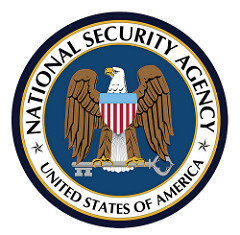With companies and law firms around the world encountering problems with how to deal with cybersecurity, it’s no surprise that a report released by the international executive search firm Boyden indicates a growing need for technology officers. Not only that, but a statement released by Tim McNamara, co-founder of Boyden’s Risk Management and Security Sector, reveals that finding technology officers who are knowledgeable about all the intricacies of cybersecurity is difficult. McNamara states, “It’s a very complicated sector with bifurcated responsibilities. Consequently, there are multiple strategies to address cybersecurity needs among the commercial, military and defense, and intelligence segments.”
Basically, each company is going to face different risks when it comes to cybersecurity, and each company needs a unique strategy to prevent cyber attacks. Companies are especially in need of technology officers that can also hold leadership positions. It’s important for executives and other officials to be tech-savvy and understand the importance of cybersecurity, since the effects of a cyber attack are not limited to the IT department. Richard Fudickar, managing partner of Boyden Germany, explains that, “management must understand that this issue is about people and behaviors, not just technology.” This involves trusting chief information security officers and and chief security officers to influence executive decisions and be an active part of senior leadership teams. Ken Rich, a partner at Boyden New York, sums it up, saying, “Companies that have embraced the strategy of giving the CISO (Chief Information Security Officer) a seat at the executive table are better equipped to prepare for any breaches in cybersecurity.”
Finding technology officers with the leadership skills necessary to fill that seat may be hard to find, though. The Boyden report indicates that more than half of companies do not feel that they employ enough security officers. Companies may have to start hiring additional technology officers to fulfill the growing need to understand cybersecurity.
Article via Legaltech News, December 1, 2015
Photo: In the Digital Age via Ohad Ben-Yoseph [Creative Commons Attribution-NonCommercial-NoDerivs]

